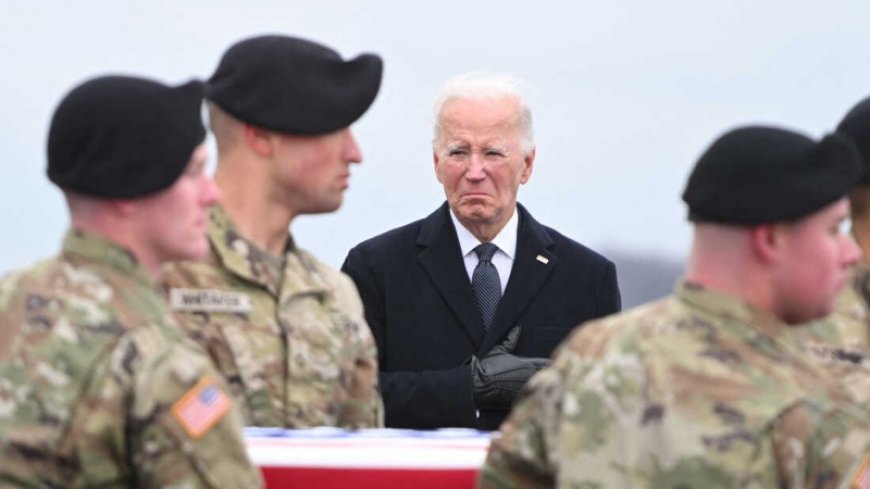Global Shift Toward Multipolar World Order: Challenges and Perspectives

The evolving international landscape is witnessing a significant shift from a unipolar to a multipolar world order, with Russia, China, Iran, and other emerging powers advocating for a new global equilibrium. This transition is increasingly coming into focus as key players challenge the current Western-dominated system and seek a more balanced global structure.
Russia sees the West as resisting efforts to create a more just and stable multipolar world order. The world is transitioning to a new international system, learning from the failure of Cold War policies and unilateralism.
Russia's Position
Russian officials, including Ambassador to the U.S. Anatoly Antonov and President Vladimir Putin, have been vocal about their support for a multipolar world. In an article for the German Schiller Institute, Antonov asserted that Russia is committed to establishing a fairer, more stable international order based on the principles of the UN Charter and state sovereignty. He criticized the West for resisting these changes and maintaining hegemonic control, arguing that Western efforts to preserve their dominance are counterproductive and rooted in outdated colonial mindsets.
President Putin echoed these sentiments at the recent BRICS Parliamentary Assembly in St. Petersburg, acknowledging the complexities involved in reshaping the global order. He highlighted the resistance faced from established powers, which he referred to as the "golden billion," and criticized their reliance on unilateral sanctions, trade restrictions, and coercion contrary to international law.
The American Perspective
The United States has historically been resistant to the emergence of a multipolar world. The Bush administration's 1991 defense strategy aimed to prevent the rise of global competitors, a stance that has persisted through subsequent administrations. The "National Interest" magazine recently warned that the U.S. must adapt to a world where power dynamics shift away from liberal ideals and towards more pragmatic power politics.
This reluctance is evident in ongoing U.S. policies. The Biden administration, while acknowledging the resurgence of multipolarity, continues to focus on countering the influence of Russia and China. Efforts include supporting Ukraine in its conflict with Russia and limiting China's access to advanced technologies, reflecting a strategy to maintain American predominance amidst a changing global order.
Emerging Powers and Multipolar Dynamics
Iran, China, and other emerging economies are increasingly asserting themselves in this new multipolar landscape. Iranian influence, in particular, is seen as a significant factor in challenging Western hegemony. Social media discussions highlight Iran's role in reshaping regional dynamics and pushing back against Western dominance.
For instance, X user Milad Aziz noted that recent geopolitical developments have shifted global dependence away from traditional Western powers, while X user Seyed Abbas Ahmadi emphasized Iran's role in the emerging multipolar order. Another user pointed out that recent events, including U.S. withdrawals and BRICS' expansion, signify a transition towards a multipolar world, cautioning against a unipolar worldview.
Expert Opinions
Experts argue that the U.S. imposition of sanctions on countries like Iran is partly a reaction to the perceived threat of a non-American world order. The Biden administration's focus on counteracting Russia and China indicates a broader strategy to delay or mitigate the transition to a multipolar system.
The multipolar shift presents both opportunities and challenges. Emerging powers are advocating for a global system that reflects a more equitable distribution of influence and resources. However, the transition involves complex negotiations and adjustments, as traditional powers and new players navigate the evolving global order.
As the world moves towards a multipolar order, the interplay between established and emerging powers will shape the future of international relations. The shift away from a unipolar system dominated by the U.S. is becoming increasingly apparent, with significant implications for global governance and geopolitical dynamics. The outcome of this transition will depend on how effectively the international community can manage the competing interests and ambitions of various global actors.













































